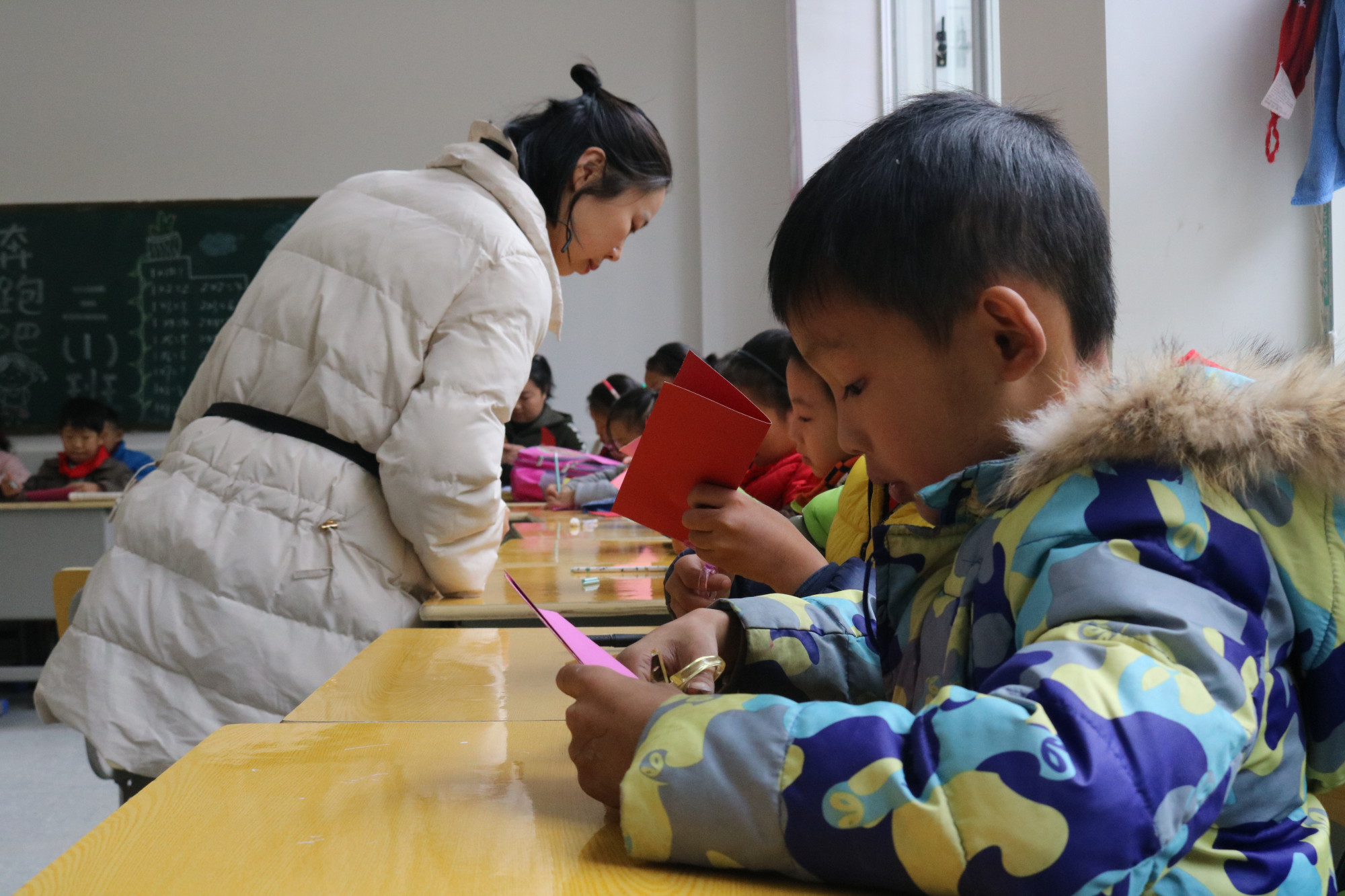

Moral education is of importance to children's healthy development. China has already been implementing compulsory education for nine years, but most schools are skewed towards training in strictly academic disciplines, and lack resources to invest in moral education. Furthermore, most rural children are left behind by their parents who work far away from the rural area. Growing in an atomsphere without the love and attention from parents, the left-behind children often lack self-confidence and have delayed psychological and physiological development. It is critically important to encourage children to develop good morals and a proper system of values.
With this faith, the IRD utilized funding from the Ip Chi Shing Charitable Foundation in 2014 to launched the S.M.A.R.T Moral Education Curriculum, started with a pilot programme in two rural primary schools in Baojing county (Qingshui Primary School and Hangsha School). This programme included liberal Moral Education in teaching and supported local teachers in providing additional care for junior students in the school. It is hoped that this model will be expanded to more rural schools.
The design of the Moral Education curriculum – which has to cater specifically to how rural students can develop these characteristics – is full of small-sized group activities and worksheets, in order to make teaching more interactive. The curriculum was specially compiled by Feng Junyan, who has many years of experience formulating teaching materials for Life education. He has made the course caters specifically to facilitate the moral development of rural students, and consulted with the Ministry of Education to draft a course comprising four units: self-confidence, filial piety, friendship, and honesty. The course will also be revised and improved continuously to fit with recommendations from teachers, as well as with local conditions.
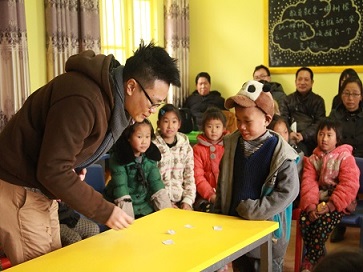 |
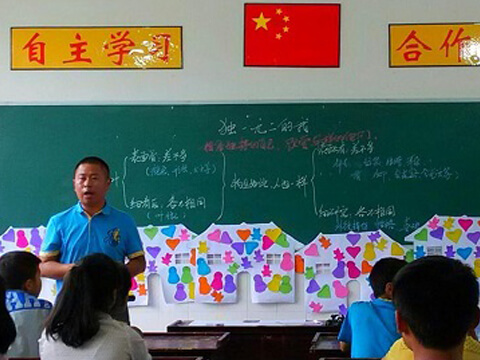 |
Designing a Moral Education classroom to fit with the curriculum. The variety of multimedia displays in the class presents information to students in fresh ways, and raises their interest in class.
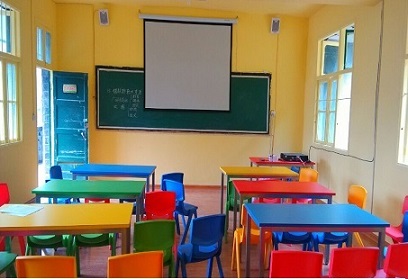 |
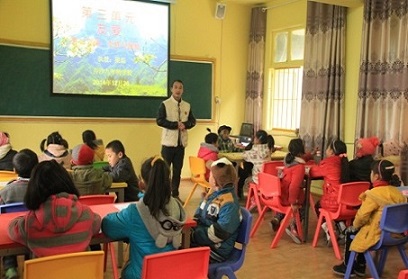 |
To make the lessons more effective, the IIRD invited experienced Hong Kong educators to provide pre-class training to teachers. The training helped teachers understand the concept of experiential teaching, and gave them techniques to use in interactive teaching. In order to help students perform and develop better in this course, the training also encouraged teachers to cooperate and be in close contact with parents. The training included interactive teaching techniques and teaching models, and in particular the training of six teachers to be responsible for all of the Moral Education classes. One teacher would be responsible for leading the entire class, while the other teachers would be occupied with preparing materials, providing on-hand support and carrying out assessments etc.
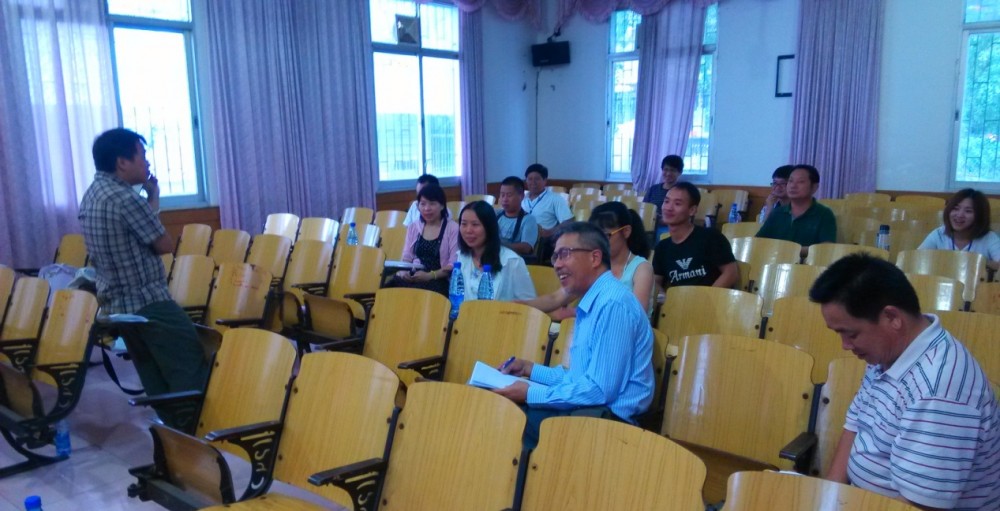
In 2018-2019, S.M.A.R.T. Moral Education Curriculum continued in 2 schools. A total of 403 students were benefited. There have also been great improvement in the teaching skills and techniques of the teachers. Besides, to let moral education situate in rural schools, we would also continue to implement ‘Train the Trainer’ programme to train local teachers as the trainers of tomorrow. Meanwhile, we plan to strengthen our training to Mainland-Project staff so as to provide more appropriate and timely support regarding moral education. We would also review our curriculum on a regular basis based on the feedback of teachers and social changes.
Apart from these two schools, IRD also launched the project ‘Life Education Companion’ in Sangzhi County. It provides life-education to the children with sick family members in order to enhance the problem-solving ability of these children. This project kick-started at Fu-Rong Bridge Primary School in Sangzhi County. Through professional moral education and counselling, we would continue to keep an close eye of the development of these children and to help them to build up a positive value.